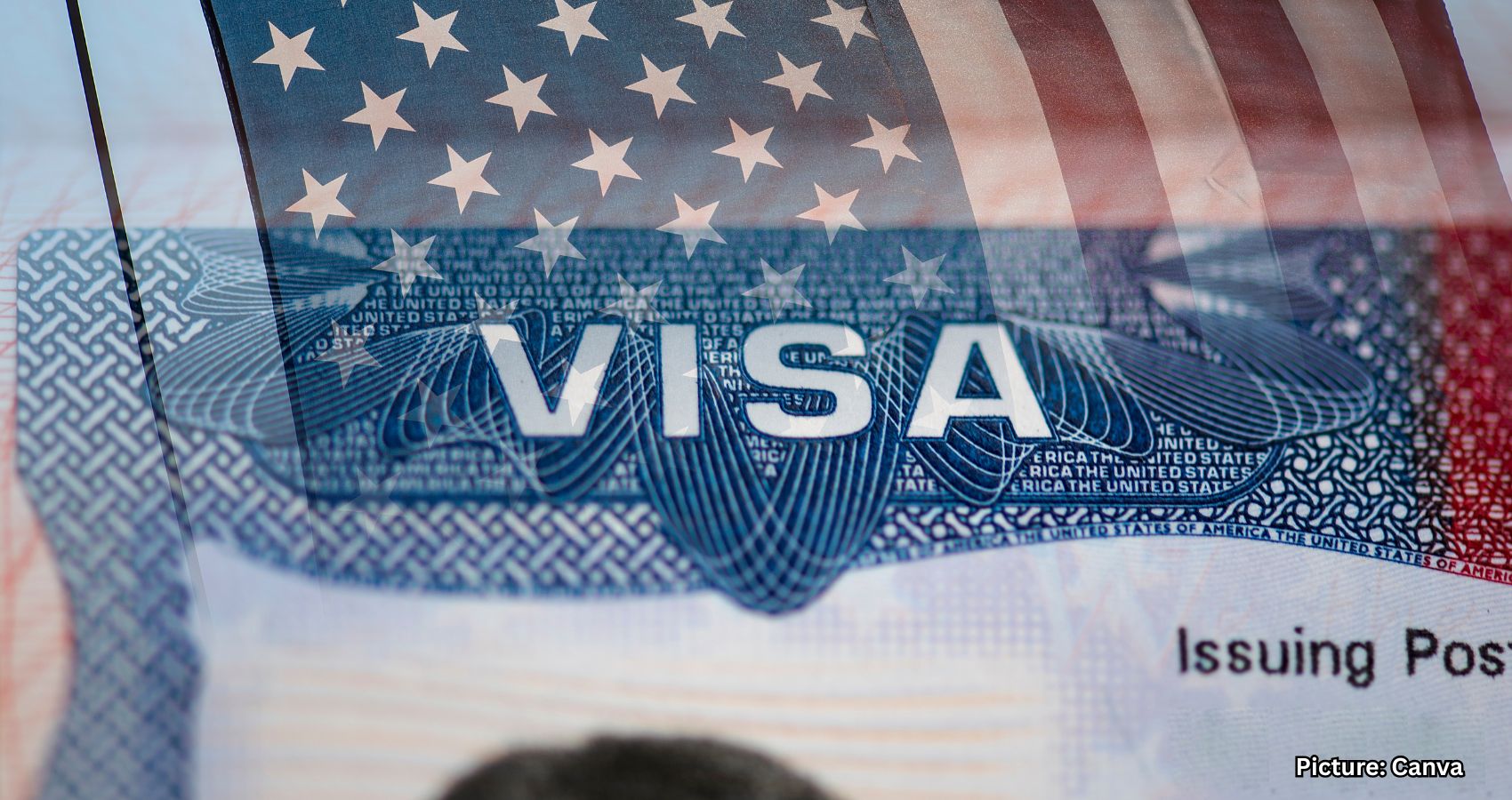Recent U.S. policy changes regarding the Optional Practical Training (OPT) program may have more significant implications for tech workers than the newly proposed H-1B visa fees.
Recent shifts in U.S. immigration policy have intensified the focus on the Optional Practical Training (OPT) program, overshadowing discussions about the newly proposed fees for H-1B visa applications. This change is particularly relevant for tech workers, as many analysts contend that restricting or eliminating OPT could have a more profound impact on workforce dynamics than the increased fees associated with H-1B applications.
The administration has introduced a substantial fee of $100,000 for certain H-1B visa applicants, a move aimed at discouraging companies from hiring foreign workers under specific circumstances. The intention behind this fee hike is to ensure that only the most critical or specialized roles continue to qualify for H-1B visas under these tightened regulations.
In contrast, the OPT program allows international students to remain in the U.S. and work temporarily after graduation, typically for a duration of up to three years for those in STEM fields. Because OPT is linked to student status rather than work visas, any changes to this program could impact a broader range of early-career workers. Many view OPT as a more accessible and expedited pathway into the U.S. tech workforce. The potential removal or significant restriction of this program could eliminate a crucial stepping stone for recent graduates.
The implications of ending or limiting OPT are particularly concerning for several groups. Recent graduates who rely on OPT to gain professional experience after completing their studies would be directly affected. Additionally, employers who depend on OPT workers for entry-level positions before pursuing long-term sponsorship would face challenges. Furthermore, international students often base their decisions to study in the U.S. on the availability of post-graduation work options, making OPT a vital consideration in their educational journey.
Beyond these immediate effects, the broader implications for the tech sector could be significant. A reduction or elimination of the OPT program could hinder the influx of fresh talent into the tech workforce, leading to increased competition for available roles. This situation may drive more applicants to seek opportunities in countries with more favorable work-visa policies. Additionally, larger firms that can more easily navigate stricter requirements may gain an advantage, further complicating the landscape for smaller companies and startups.
In summary, while the proposed increase in H-1B fees may present challenges for some employers and applicants, the potential restriction of the OPT pathway could result in more immediate and widespread disruption. This is especially true for new graduates and early-career professionals striving to enter the U.S. tech industry.
Source: Original article

